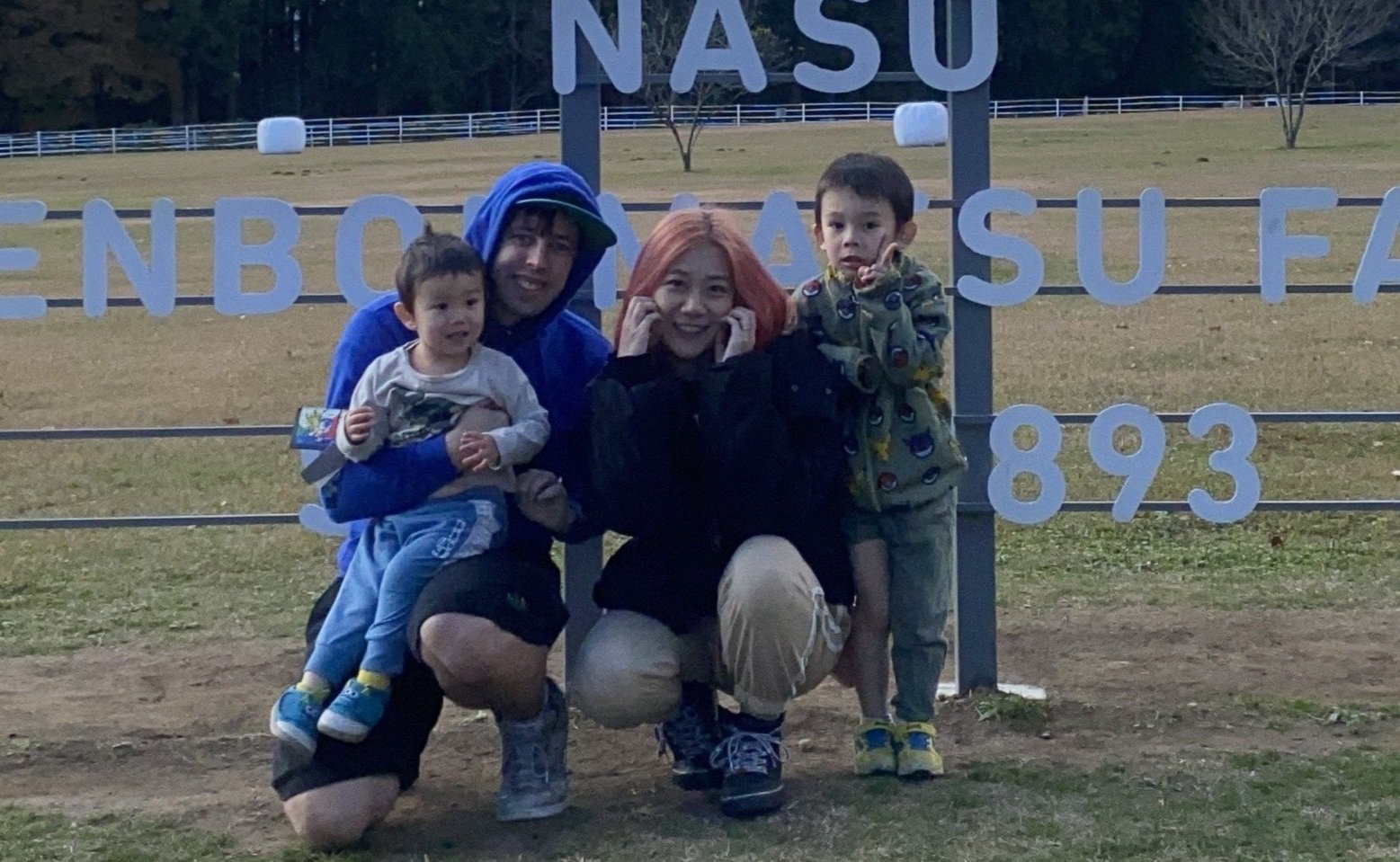May | Asian American & Pacific Islander Heritage Month
Congress in 1978 passed a resolution creating Asian/Pacific American Heritage Week. It expanded the observance to a month (May) in 1992, timed to coincide with two important milestones in Asian/Pacific American history: arrival of the first Japanese immigrants in the United States (May 7, 1843) and completion of the transcontinental railroad on May 10, 1869 (the majority of workers who laid the tracks were Chinese immigrants). In honor of Asian/Pacific American Heritage month, we interviewed one of our own staff, Korey Keen, who lived and worked in Japan for over ten years.
When Korey visited a friend in Fukuoka, Japan back in September of 2008, he fell in love with the people, the culture, and the scenery. He decided to change his major to “East Asian Languages & Cultures: Japan Focus.” After winning multiple awards for Japanese excellence at the University of Kansas (KU) and studying abroad for two years in Sophia University in Tokyo, it only seemed natural to him to move back to Tokyo after graduating. In Tokyo, he started out as an English teacher and soon moved on to doing translation and HR work for a few large corporations before finally moving back to the US.
Question 1: Can you describe the typical work culture in Japan? What are some key characteristics that differentiate it from other countries/or the US?
Keen: Showing your dedication to the company is very important to most companies in Japan. The general thought is that your first responsibility is to your company, and your second is to your family. This results in things like your company suddenly deciding you will be transferring to a branch far away from where your family currently lives and if they can’t come with you, you will just have a second home near the new branch and visit your family when you can. Also, there is a specific hierarchy in Japanese culture that needs to be observed. If someone outranks you, is older than you, or has been at the job longer, you will need to respect their decisions and do your best not to “talk back” and there are even distinctive modes of speech to be used depending on whether you’re talking to someone “above you” or “below you.”
Question 2: What are some common expectations regarding work hours and overtime in Japan?
Keen: Overtime is quite common in most Japanese companies. Working longer hours is perceived to be a sign of dedication to the company and attempting to leave on time is generally frowned upon. Many employees will feel social pressure to stay until their supervisor goes home, which can often be hours after the official time to go home.
Question 3: What is the role of teamwork and collaboration in Japanese workplaces?
Keen: Teamwork is very important in the Japanese workplace. So much so that even as an entry level worker you will find yourself in meetings just about every day to make sure everyone is up to date on their roles in each project.
Question 4: How do japanese companies typically handle employee training and career development?
Keen: Japanese work culture is all about rules. The work manual will generally have solutions for everyone possible situation and what the worker should do in such situations. The same goes for career development. Promotions or raises in Japan are generally reviewed once a year and successful raises or promotions are based on specific goal requirements that must be met by the employee in that year. The basic career path is usually discussed at the beginning of the employee’s employment and can be discussed during the annual career path discussion.
Question 5: what are some common challenges or difficulties that foreign employees might face in adapting to the Japanese work environment?
Keen: Other than the obvious challenge of learning and using the language, most Western employees are not going to agree with the “company comes first” way of thinking. This means that they will either have to play along and ensure long overtime hours or figure out a way to politely excuse themselves when it comes time to go home while at the same time try not to offend their coworkers or boss. Luckily, most Japanese workers tend to expect that of Western workers, so it is doable.
Question 6: How do japanese workplaces typically approach diversity and inclusion initiatives?
Keen: Unlike the United States, the majority of residents are either 100% native Japanese or are in Japan temporarily on some type of visa and therefore companies don’t have a need for inclusion initiatives like those in the United States do. That being said, companies who actively hire foreign workers tend to do their best to accommodate for their different work styles and the inevitable language barrier, such as providing culture map training or English lessons to Japanese nationals and Japanese work culture training or Japanese lessons for foreign workers.
Question 7: What advice would you give to someone who is considering working in Japan for the first time?
Keen: If you’re wanting to work in a position that doesn’t require knowing Japanese, start learning anyway. If the position you’re seeking requires knowing Japanese, learn it well and never stop learning. As mentioned before, word-choice is important to show proper respect to different types of people. You can’t expect to get respect if you’re unable to properly give it to those around you.
Thank you for checking in to this month’s article. We hope you enjoyed reading and learning insights on what working in Japan in like. Please stay tuned for next month’s article!

